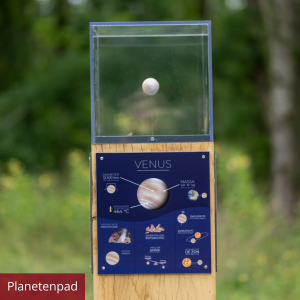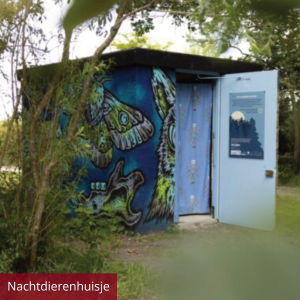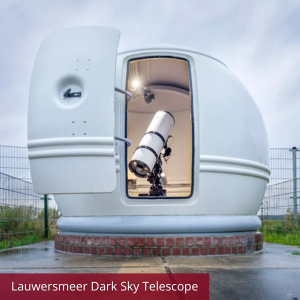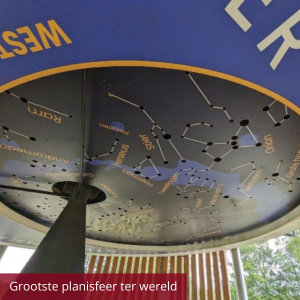Darkness and Light Pollution
Kapteyn Institute is expert in keeping track of light pollution
We make quantitative measurements of the night sky brightness and analyse these.
The Kapteyn Institute aims to:
-
find out whether light pollution in the Netherlands and Europe is increasing and if so, why.
-
create awareness of the negative effects of light pollution.
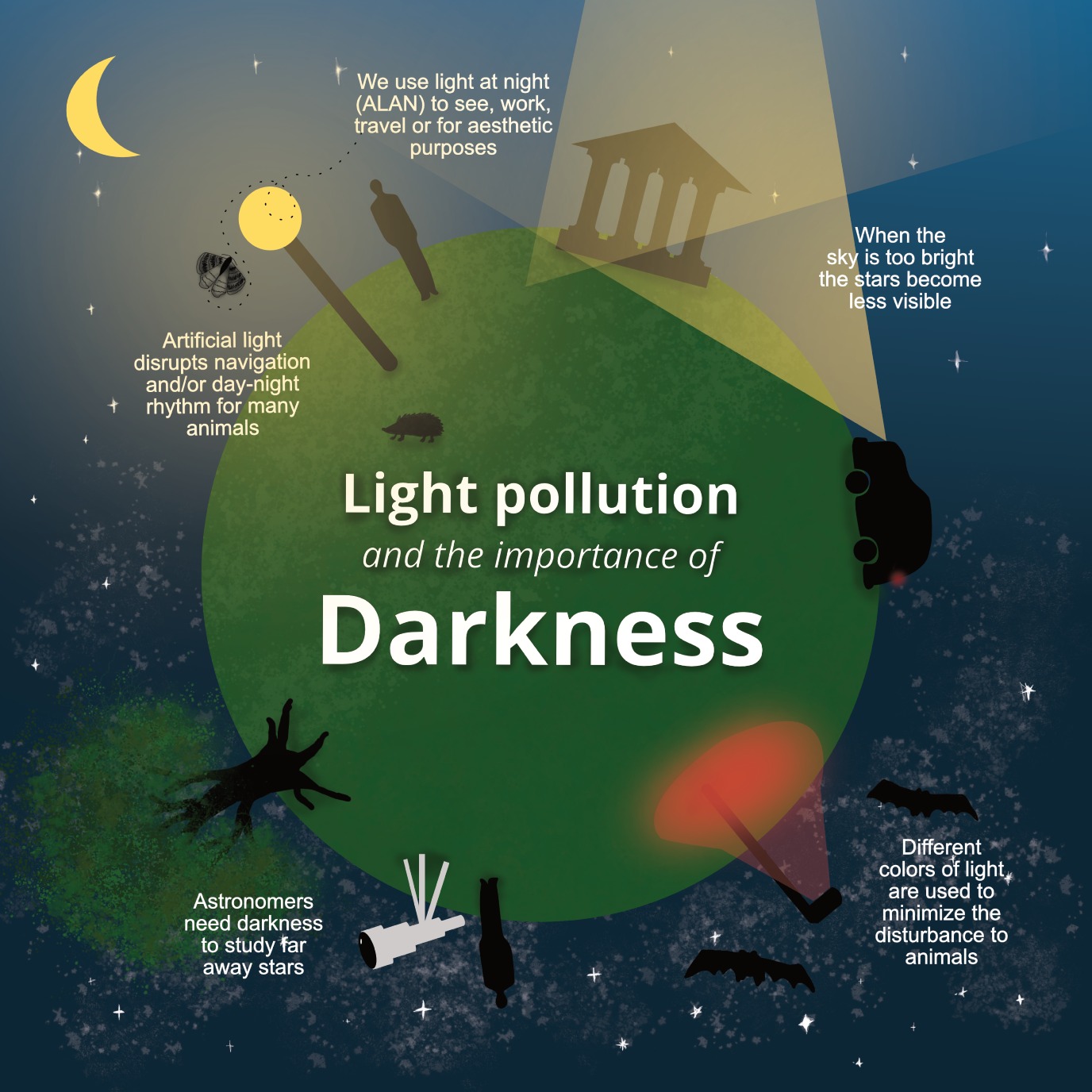
Below you can find an overview of the initiatives surrounding darkness and light pollution in which the Kapteyn Institute is involved:







